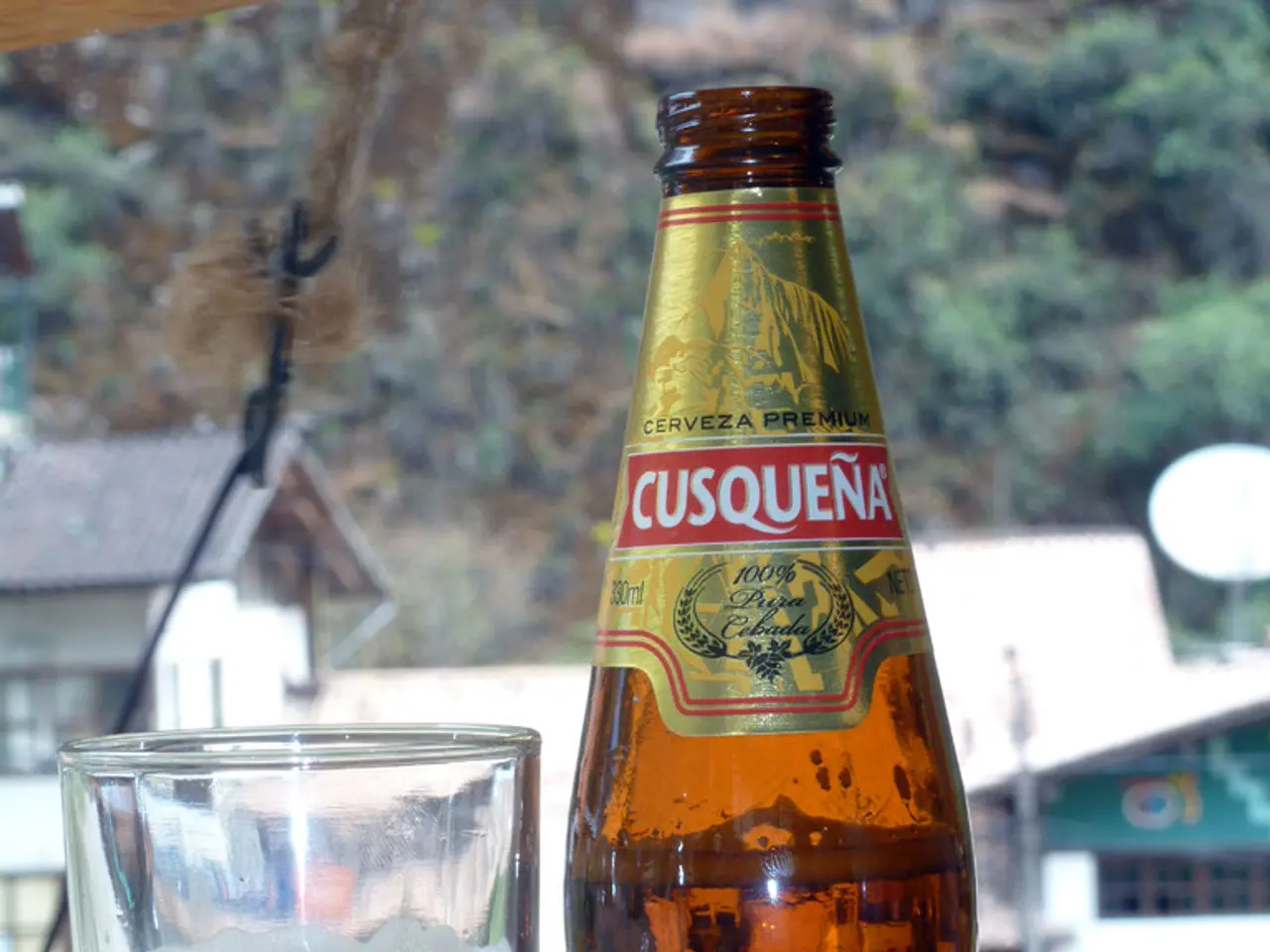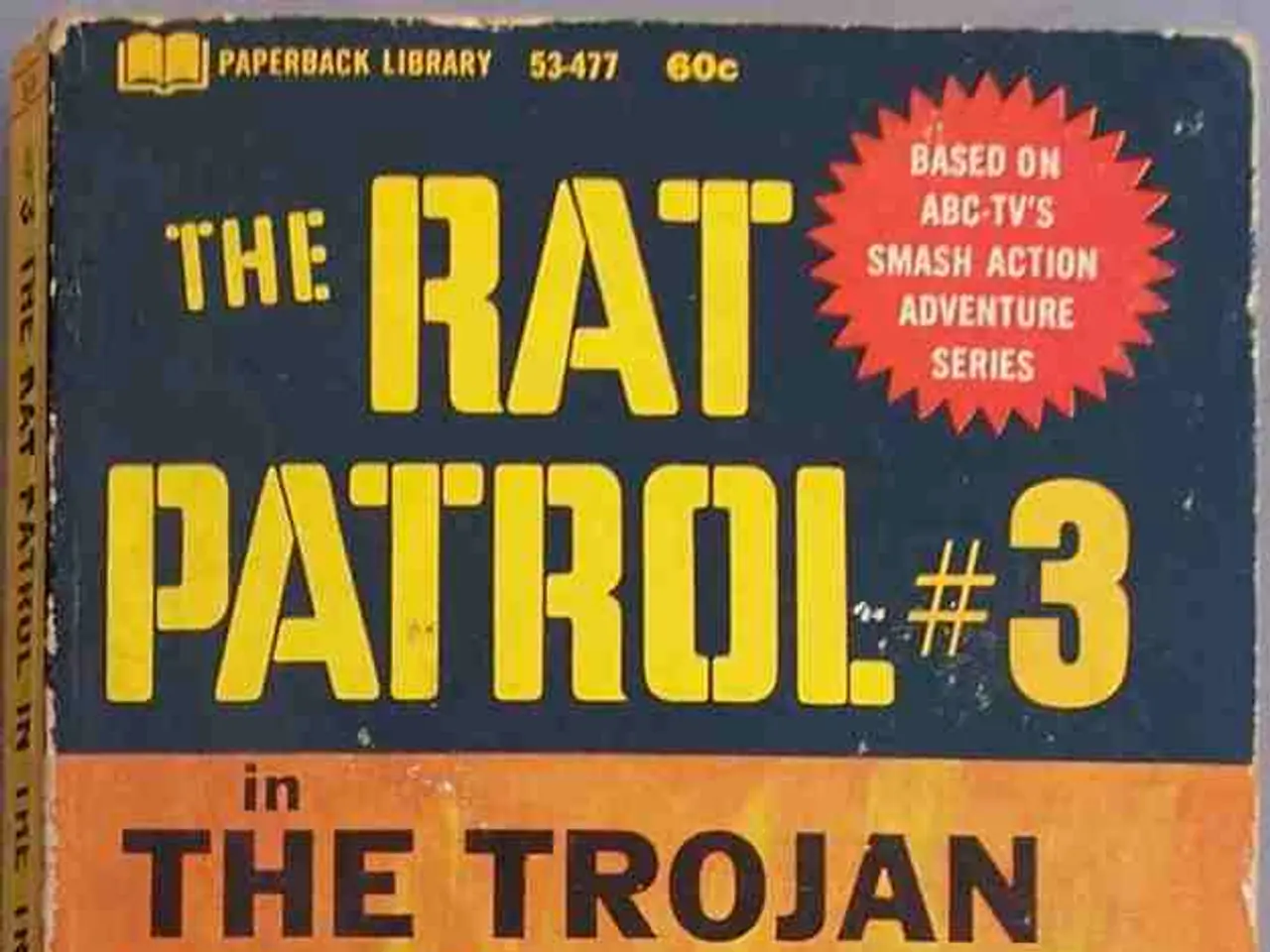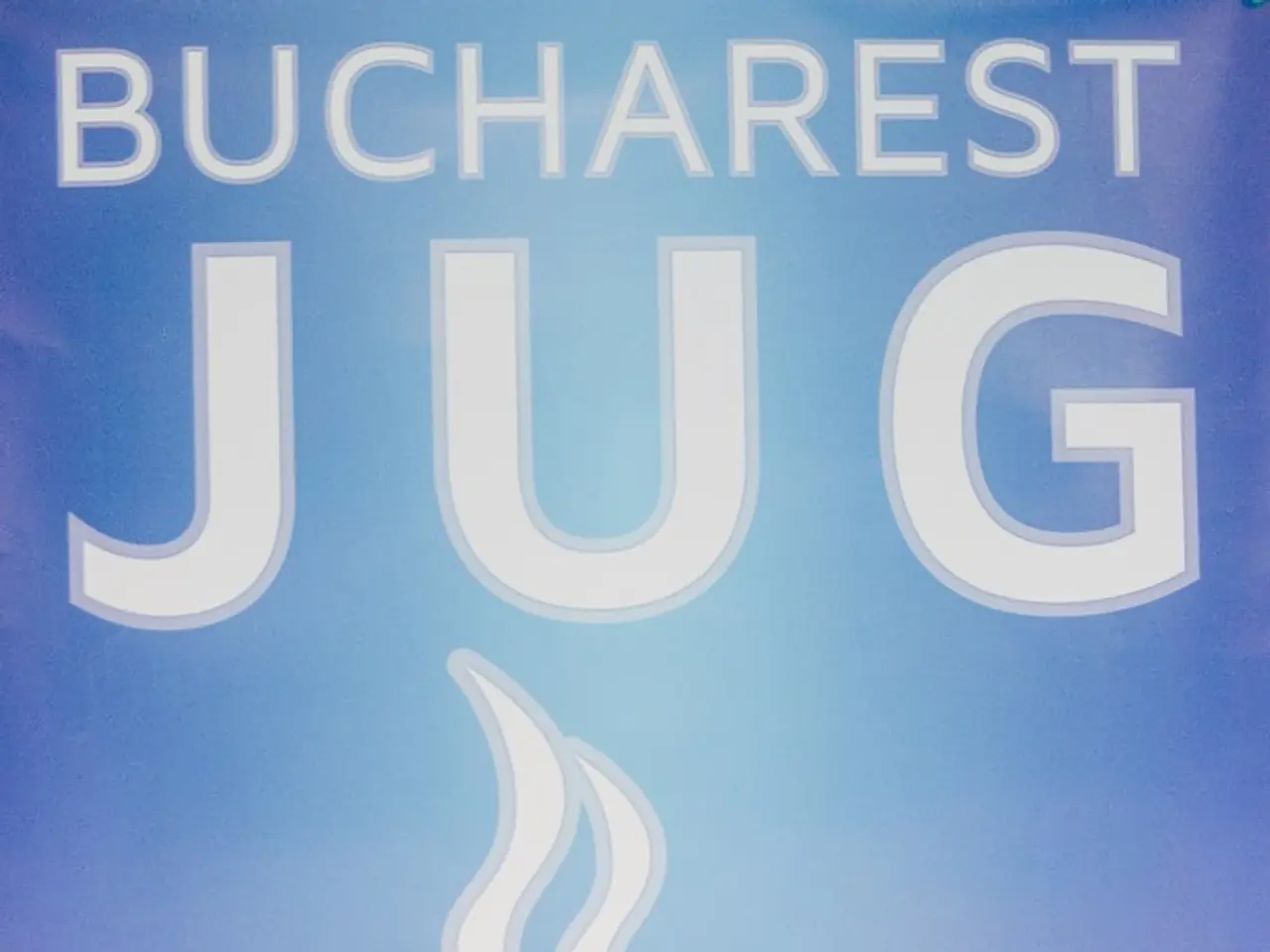Cautious Businesses - Alarm in Wine Sector - Workers' Radiation Safety Proposal Demanded from Commission for Regulation on Occupational Radiation Hazards
In the recently agreed U.S.-EU trade deal, most EU products imported to the U.S. are subject to a 15% tariff, but the fate of tariffs on alcoholic beverages, particularly wine, remains undecided and is still under negotiation[1][3].
Industry leaders from both sides are hopeful that wine will be included in a “zero-for-zero” tariff list, meaning no tariffs on these products, which would benefit wine exporters from the EU, especially regions like Rhineland-Palatinate, Germany, known for its wine industry[1][3].
Winemaker Johannes Selbach of the Selbach-Oster winery in Rhineland-Palatinate expressed his disappointment with the trade deal, stating it is terrible for the wine industry[1]. Selbach fears a decrease in sales on the US market due to a 15% tariff on wine exports to the USA[1].
For regions like Rhineland-Palatinate, the resolution towards zero tariffs would maintain their competitive access to the important U.S. market, critical for exports. The Mosel region, which accounts for nearly half of all German wine exports to the USA, will be hard hit by US tariffs of 15 percent[2].
Negotiations continue, with no definitive agreement yet on whether alcoholic beverages will be exempt from the 15% tariff[1][3]. European Commission President Ursula von der Leyen emphasized ongoing discussions, especially about exemptions for wine already in transit and enforcement details if talks extend past August 1, 2025[1].
If wine is eventually included in the zero-for-zero tariff list, it would prevent potentially damaging tariff increases for the wine industry in Rhineland-Palatinate and elsewhere in Europe[1][3]. However, if tariffs on wine are eventually implemented, although at 15%, it would still represent a significant cost increase compared to previous zero tariffs, possibly affecting export volumes and prices.
Beyond the wine industry, the Daimler Truck plant in Wörth, the largest employer in the state after BASF, is closely monitoring the implementation of the trade deal between the USA and the EU[2]. Only a limited number of goods will be exempt from duties upon import under the current deal[2].
While the 15% tariff applies broadly to EU goods under the current trade deal framework, the core outcome depends on the final detail of ongoing tariff negotiations on alcoholic beverages, with optimistic prospects but no guaranteed exemption yet[1][3].
References:
[1] Deutsche Welle (2021). U.S.-EU trade deal: What it means for Germany. [online] Available at: https://www.dw.com/en/us-eu-trade-deal-what-it-means-for-germany/a-58868560
[2] European Commission (2021). Trade and Investment | European Commission. [online] Available at: https://ec.europa.eu/info/business-economy-euro/single-market/trade/trade-policy/countries-and-regions/countries/united-states_en
[3] The Guardian (2021). US-EU trade deal: what is it and what does it mean? [online] Available at: https://www.theguardian.com/business/2021/jun/25/us-eu-trade-deal-what-is-it-and-what-does-it-mean
- The fate of tariffs on alcoholic beverages, including wine, is still under negotiation in the U.S.-EU trade deal, which could significantly impact the wine industry in EC countries, such as Rhineland-Palatinate in Germany, given the region's critical dependency on the US market for exports.
- If wine is eventually included in the zero-for-zero tariff list, it would prevent potential damage to the wine industry not only in Rhineland-Palatinate but across Europe, considering the significant cost increase that would occur with a 15% tariff on wine exports to the USA. However, the final outcome of the tariff negotiations on alcoholic beverages remains uncertain.




